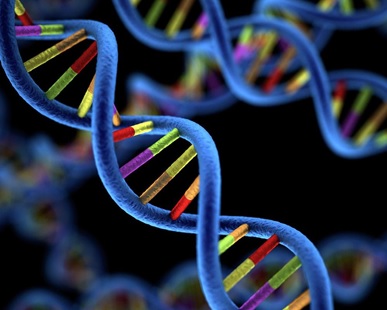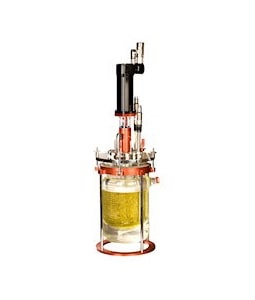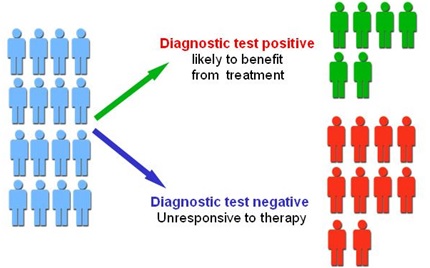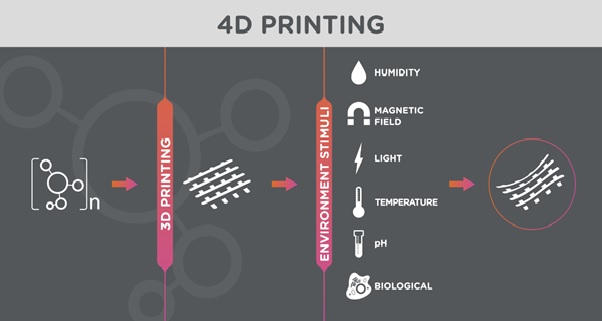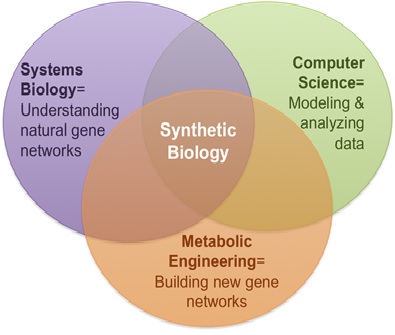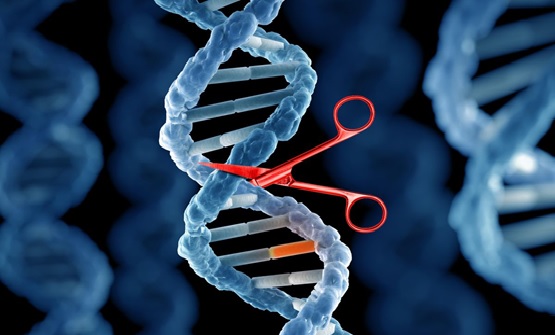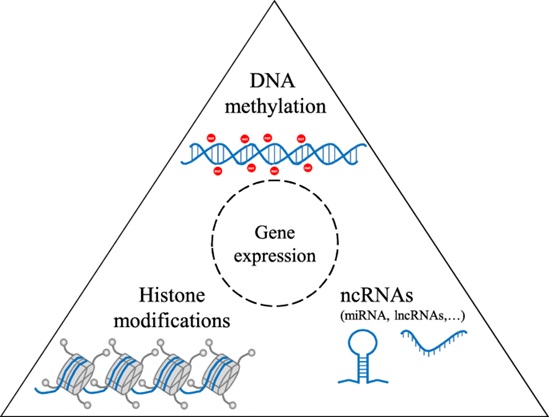Future Challenges of Biotechnology
Biotechnology is a rapidly changing field that continues to transform both in scope and impact. However, biotechnology’s roots trace back to as early as the 1600s when a Prussian physician, Georg Ernst Stahl, pioneered a new fermentation technology referred to as “zymotechnology.”

Over the next few centuries, “biotechnology” was primarily focused on improving fermentation processes to make alcohol and later food production. With the discovery of penicillin, new applications emerged for human health. In 1981, the Organization for Economic Cooperation and Development (OECD) defined biotechnology as, “the application of scientific and engineering principles to the processing of materials by biological agents to provide the goods and services.”
Today, the Biotechnology Innovation Organization (BIO) defines biotechnology as “technology based on biology - biotechnology harnesses cellular and biomolecular processes to develop technologies and products that help improve our lives and the health of our planet.
In the Fourth Industrial Revolution, biotechnology is poised for its next transformation. It is estimated that between 2010 and 2020 there will be a 50-fold growth of data.
Biotechnology is a huge part of our everyday lives, from the clothes we wear, the food we eat, the medicine we use to keep us healthy and even the fuel we use to take us around. Biotech already plays, and will continue to play, an invaluable role in meeting our needs. No other industry is better placed to enhance quality of life and respond to society’s ‘Grand Challenges’ of tackling an ageing and ever-increasing population, healthcare and affordability, resource efficiency, food security, climate change and energy shortages.
From new drugs that address our medical needs and fight epidemics and rare diseases, to industrial processes that use renewable energy and crops that are able to grow in harsh climatic conditions and ensure safe and affordable food, biotech will pay economic, social and environmental dividends.
For biotech to truly reach it’s full potential, the industry requires sound policy decisions that support innovation and risk–taking as well as a public that is well informed about how biotech is creating a healthier, greener, more productive and more sustainable economy.
The biotech industry is worth trillions of pounds and provides millions jobs and the goal now is to build on this momentum.
Within healthcare biotech is already benefiting more than 350 million patients around the world through the use of biotech medicine to treat and prevent every day and chronic illnesses. It is estimated to account for more than 20% of all marketed medicines and it is estimated that by 2015, 50% of all medicines will come from biotech.
Within healthcare biotech is already benefiting more than 350 million patients around the world through the use of biotech medicine to treat and prevent every day and chronic illnesses. It is estimated to account for more than 20% of all marketed medicines and it is estimated that by 2015, 50% of all medicines will come from biotech.
Biotech is one of the one of the most exciting sectors at the moment. No other sector has the same promise of extraordinary rewards for investors as biotech stocks, to say nothing of the patients who will benefit from the new drugs and treatments that are developed.
With such a broad spectrum of companies and roles within the sector from manufacturing to development to regulatory to commercial release, if you are looking for a long term career then you can’t go far wrong with a move into or developing your career within biotech.
The future of biotechnology is strong. We envision a day when breakthrough drugs lead to a world without cancer, or AIDS or Alzheimer’s, a world where there is sustainable development that will tackle energy, food and environmental needs without compromising the Earth’s resources or its future.





